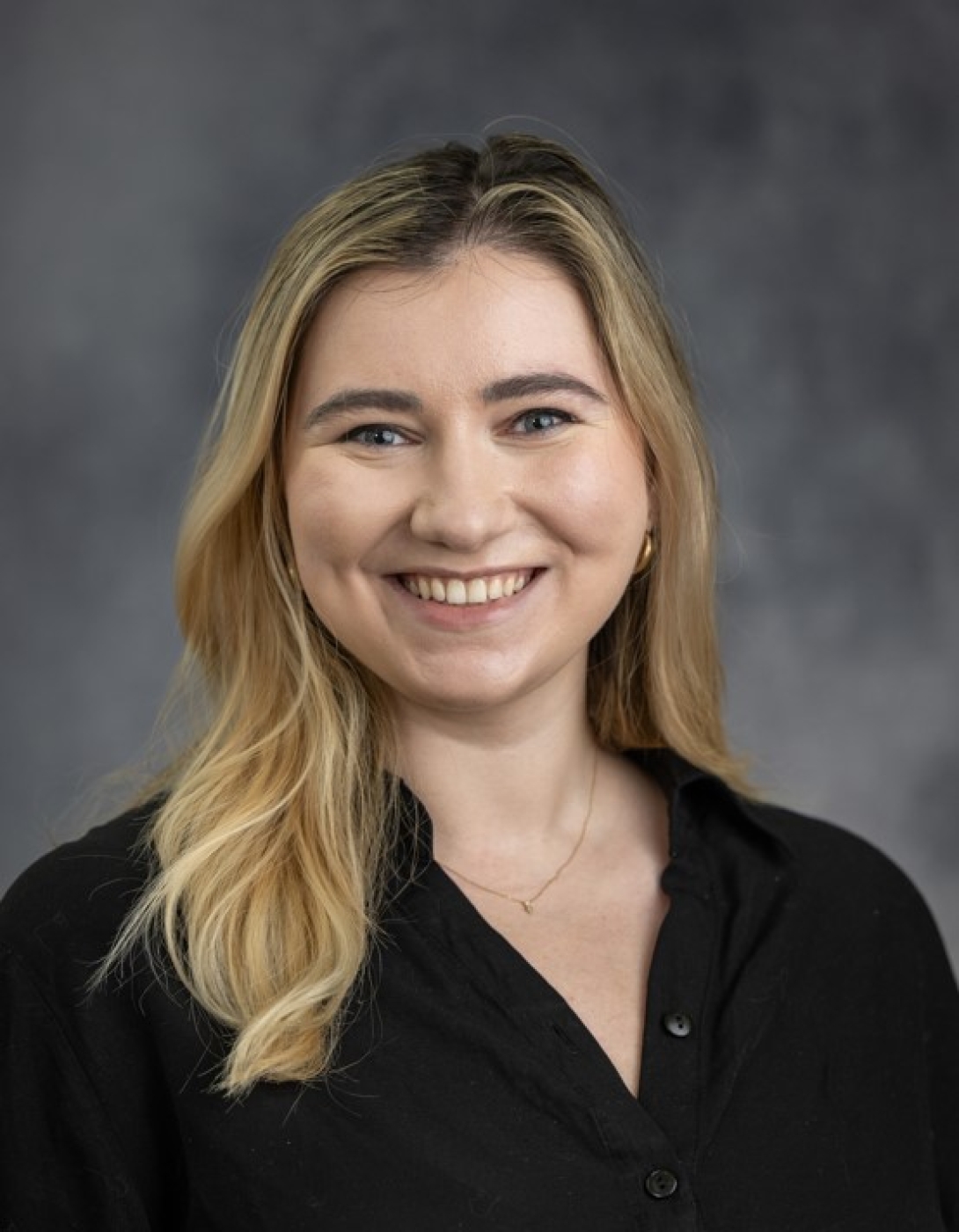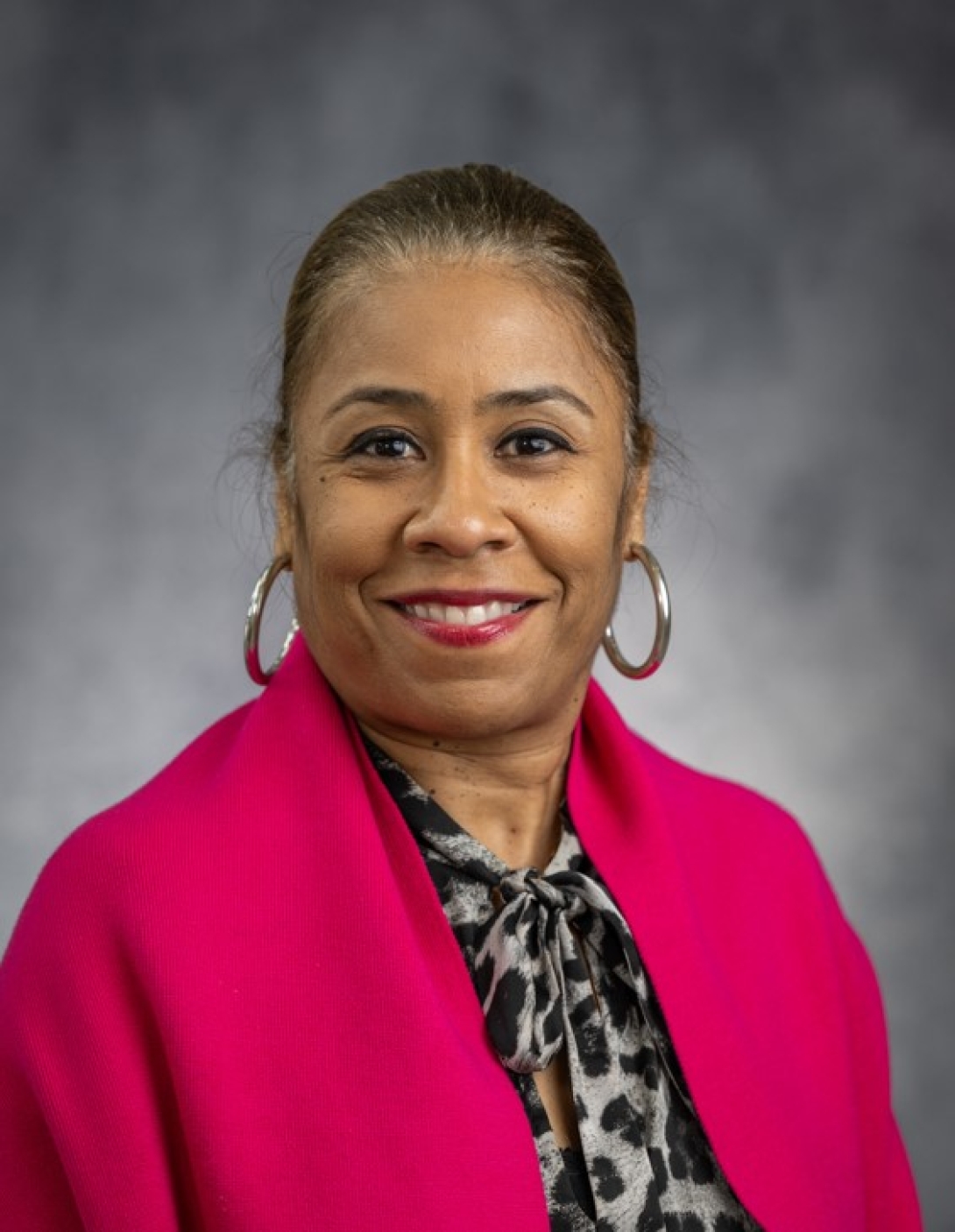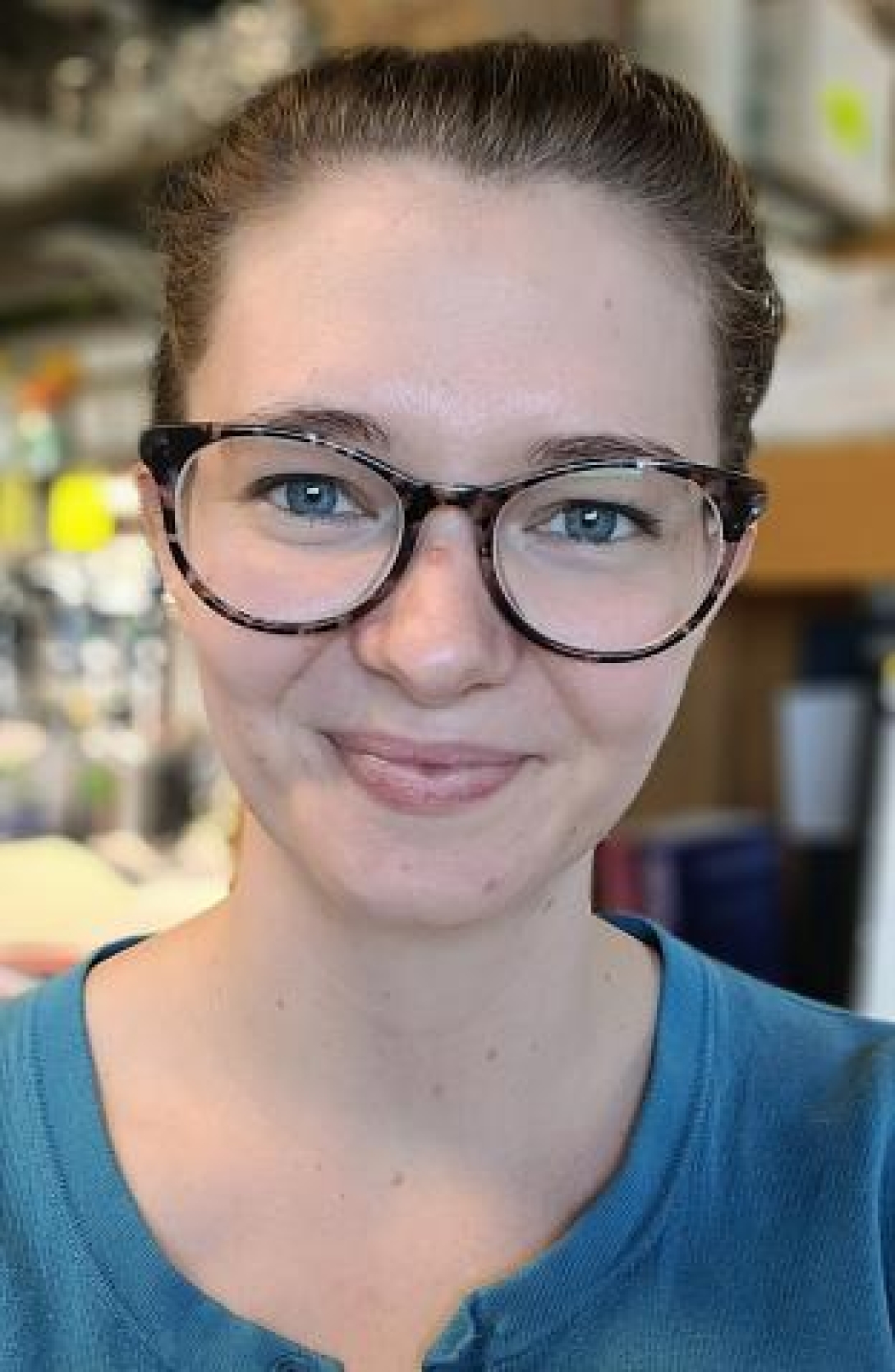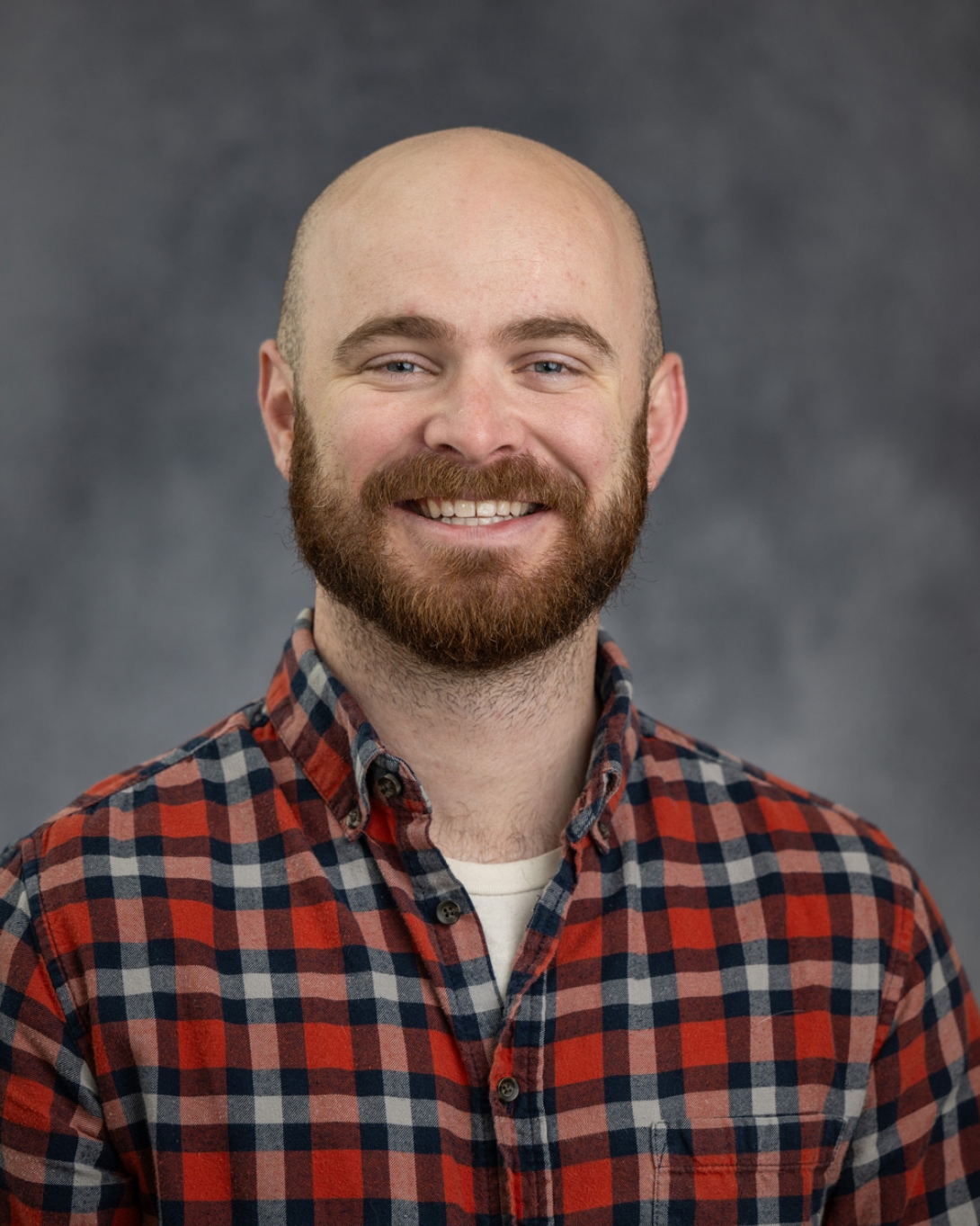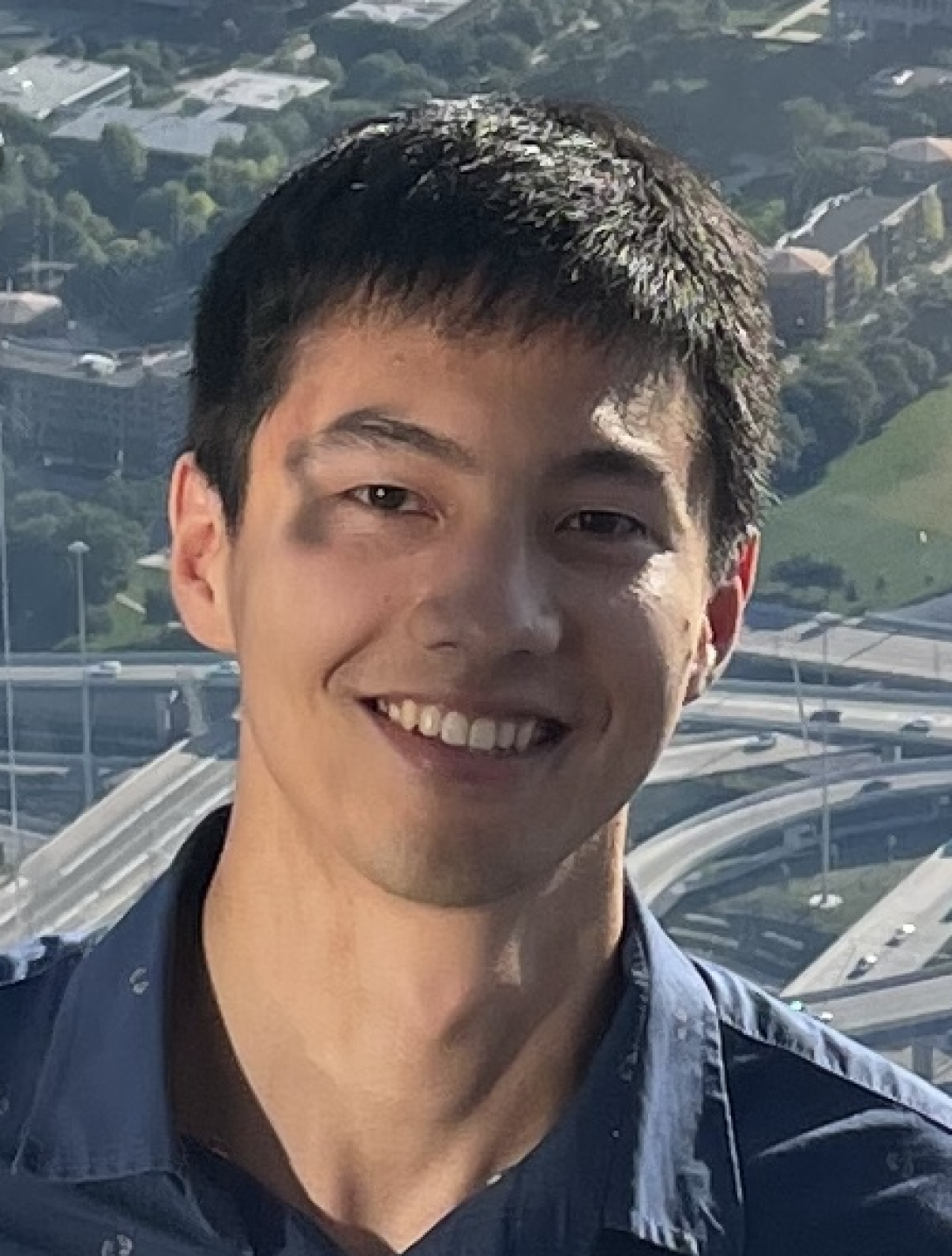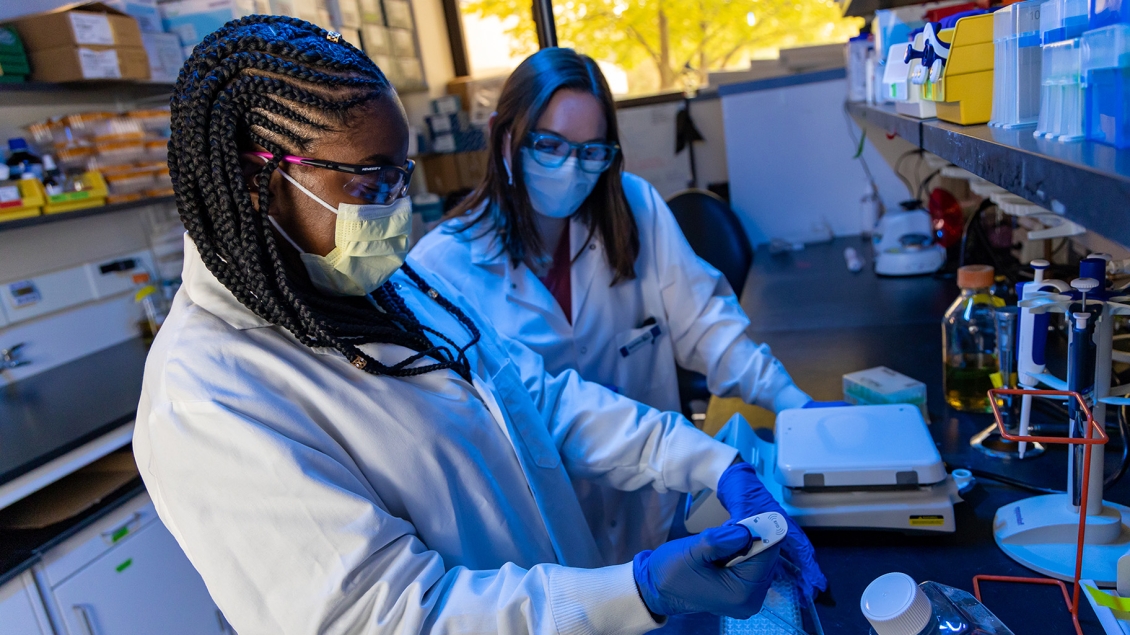
The University of Michigan Medical School Department of Microbiology and Immunology strongly supports the goals for the Diversity, Equity & Inclusion Strategic Plan of the University of Michigan.
Learn more about our commitments to Diversity, Equity & Inclusion and view a list of departmental DEI activities below.
We are dedicated to:
- Diversity: We commit to increasing diversity, which is expressed in myriad forms, including race and ethnicity, gender and gender identity, sexual orientation, socioeconomic status, language, culture, national origins, religious commitments, age, disability status and political perspective.
- Equity: We commit to working actively to challenge and respond to bias, harassment and discrimination. We are committed to a policy of equal opportunity for all persons and do not discriminate on the basis of race, color, national origin, age, marital status, sex, sexual orientation, gender identity, gender expression, disability, religion, height, weight or veteran status.
- Inclusion: We commit to pursuing deliberate efforts to ensure that our campus is a place where differences are welcomed, where different perspectives are respectfully heard and where every individual feels a sense of belonging and inclusion. We know that by building a critical mass of diverse groups on campus and creating a vibrant climate of inclusiveness, we can more effectively leverage the resources of diversity to advance our collective capabilities.
Addressing these issues is critical to fulfilling our mission of conducting medical research, training the next generation of scientists, teaching the University’s student body, and serving the Medical School, the scientific community and the public. Learn more about the Diversity, Equity & Inclusion Strategic Plan.
A Rackham Faculty Allies for Diversity Grant has been awarded to the Department of Microbiology and Immunology since 2018, thanks to M&I faculty member Akira Ono and Yasmina Laouar.
- Tea@3 – Gather for tea and company each Tuesday afternoon during the school year. Hosted by a different lab each week with frequent cultural themes
- Peer-to-peer mentoring for incoming students
- Speaker series – hosted by Student Panel on Career and Diversity, funded by the Rackham Faculty Allies for Diversity Grant
- Multi-cultural social gatherings – annual events such as the Diversity Potluck
- Story Time – summer seminar series featuring non-scientific stories from department members
- Community service – department-wide participation in planned volunteer events at places like Food Gatherers
- After-hours social events – department-sponsored, family-friendly events like bowling
- Department events – yearly department picnics, holiday parties, and biennial department retreats
- Training events – Regularly hosted training events for faculty, staff, and students on unconscious bias, bystander intervention, and mental health and suicide prevention
- Web updates – regular updates to the department web page to represent the most recent changes in our students and personnel, development of online resources for diverse speaker pools
- Community building – preparation of postdoc welcome packets, better integration of masters students in departmental activities
- Data collection and analysis – increased tracking of trainee, faculty, and invited speaker demographics to improve recruitment and inclusion of a diverse department
DEI initiatives for undergraduate and graduate students:
- Summer Research Opportunity Program (SROP)
- Post-baccalaureate Research Education Program (PREP)
- Society for the Advancement of Chicanos and Native Americans in Science (SACNAS)
- Association for Women in Science (AWIS)
- Association of Multicultural Scientists (AMS)
Increasing invited speaker diversity:
- University of Michigan ADVANCE program workshops and faculty demographics dashboard
- Resources at Rackham’s Office of Graduate Student Programs
- Diversity-related events on the university’s DEI website or search the U-M’s Campus Information Center calendar
- Find workshops and courses for students, faculty, and staff through U-M Human Resources
- Subscribe to, read, and follow the links in Michigan Medicine’s Office of Graduate and Postdoctoral Studies newsletter.
- Michigan Medicine’s Office for Health Equity and Inclusion (OHEI) offers programs for undergraduate and graduate students and faculty
- The university is an institutional member of The National Center for Faculty Development and Diversity and works with the Big10 Academic Alliance on diversity and recruitment issues.
- The NSF and NIH both have offices and programs dedicated to Diversity, Equity, and Inclusion.
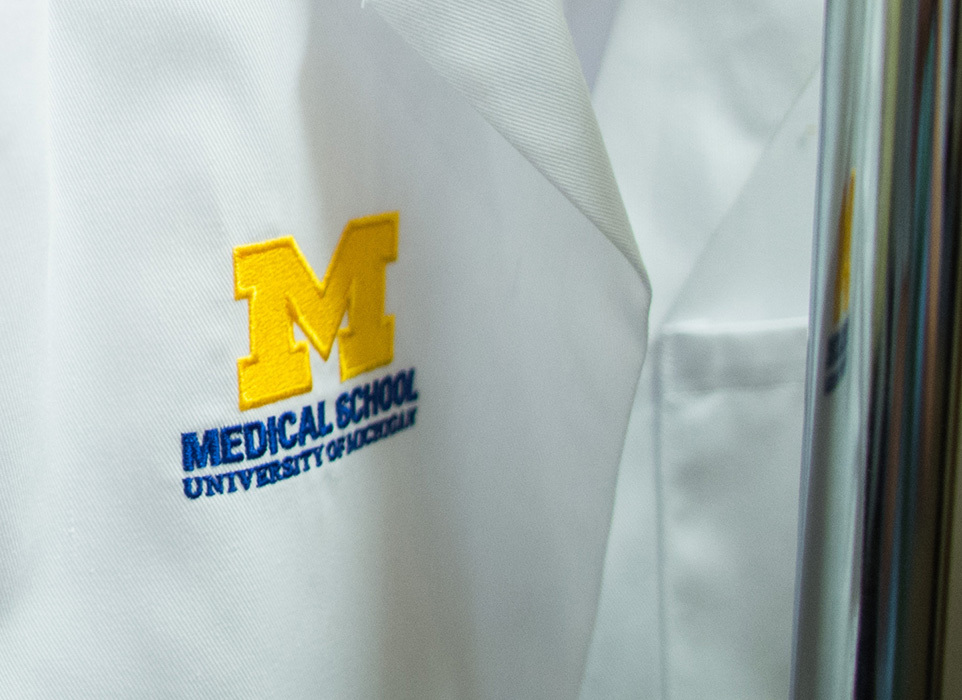
Associate Professor of Microbiology and Immunology
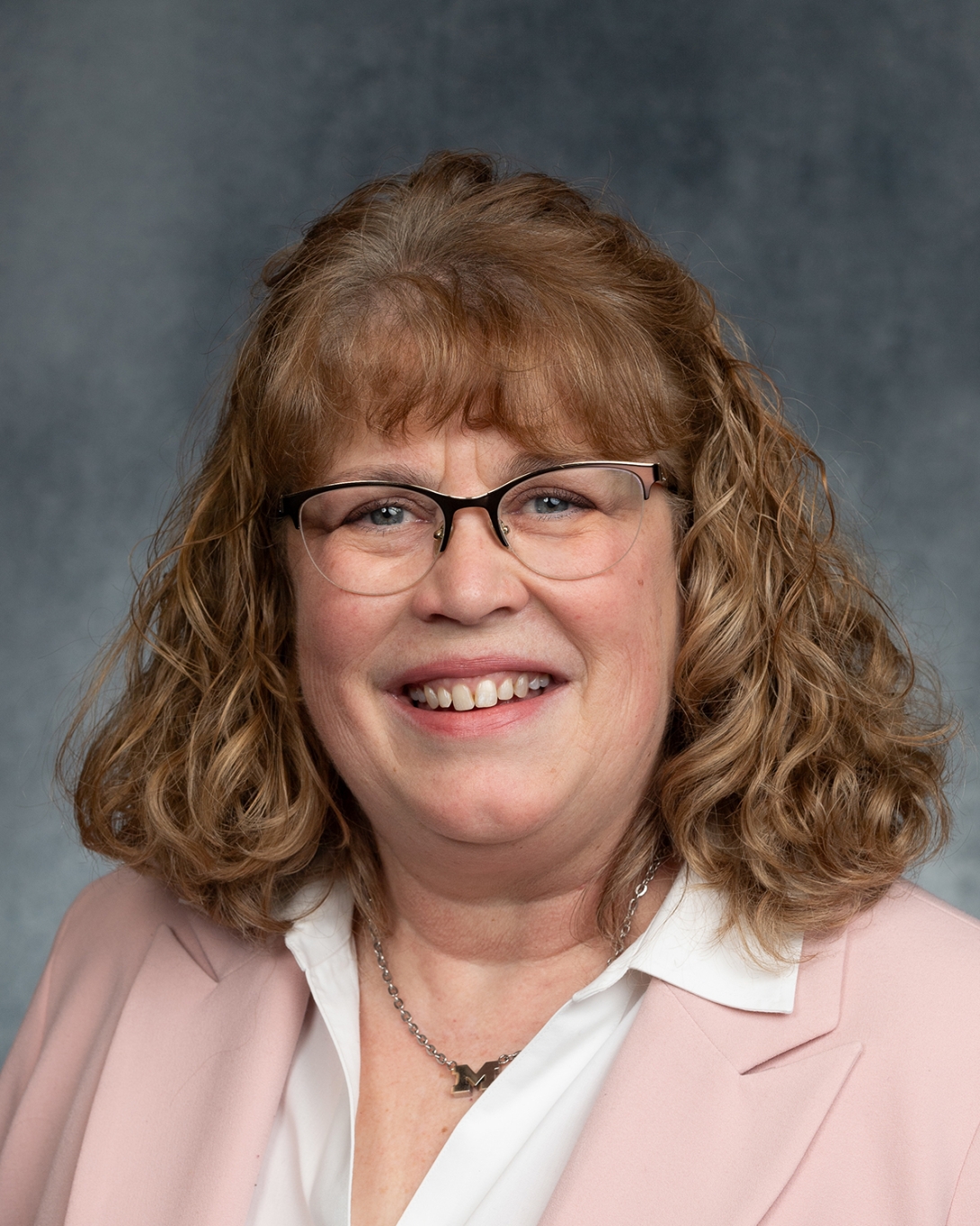
Chair, Department of Microbiology and Immunology
Professor of Microbiology and Immunology
Professor of Internal Medicine
